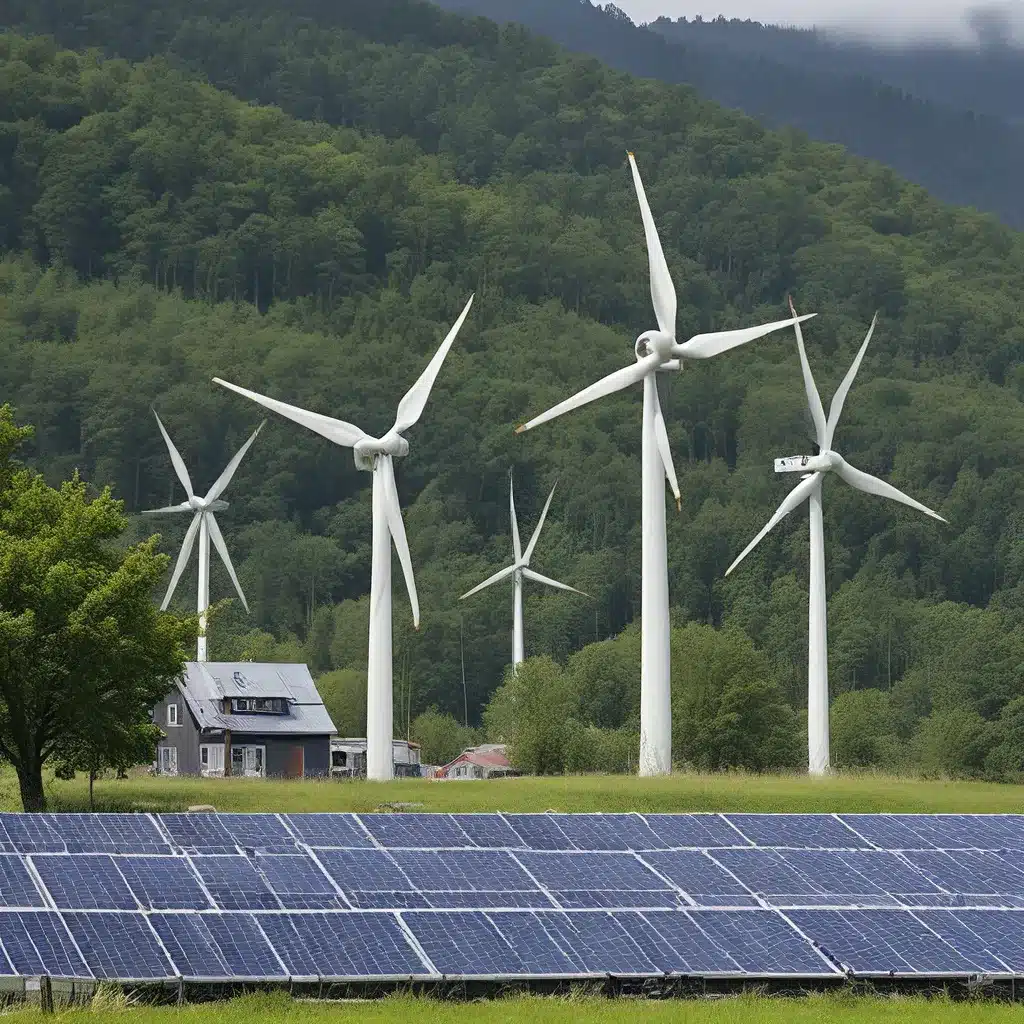
As someone who’s passionate about the environment, I’ve always believed that the path to a sustainable future starts with the small choices we make every day. Sure, tackling climate change can feel like an overwhelming global challenge, but I’m here to tell you that your individual actions have the power to create ripple effects that extend far beyond your immediate sphere of influence.
Sustainable living isn’t just a trend – it’s a responsibility we all share. It’s about making conscious decisions that not only benefit us but also the planet we call home. And the good news is, you don’t need to go off-grid or completely overhaul your lifestyle to make a meaningful difference. Small, consistent changes in our daily habits can have a profound impact when multiplied across a global community.
Just imagine dropping a pebble into a pond – the ripples expand far beyond the initial point of impact. Similarly, the sustainable choices we make can influence others, creating a chain reaction that spreads far and wide. From switching to renewable energy sources to embracing a zero-waste lifestyle, every step we take towards sustainability contributes to a greener, more resilient future.
Harnessing the Power of Renewable Energy
One of the most impactful changes we can make is the shift to renewable energy sources. Solar panels, wind turbines, and other sustainable alternatives play a crucial role in reducing our reliance on fossil fuels, which are a major driver of climate change. And the best part? Investing in energy-efficient appliances and simple habits like unplugging electronic devices when not in use can make a substantial difference in our energy consumption.
Firewinder is a great example of a company that’s leading the charge in the renewable energy revolution. Their innovative solar solutions are making it easier than ever for homeowners and businesses to harness the power of the sun and reduce their carbon footprint.
Embracing the Zero-Waste Lifestyle
Another essential aspect of sustainable living is the zero-waste lifestyle, which involves minimizing waste generation by being mindful of packaging and choosing reusable items. It’s a commitment to sending as little as possible to landfills, and it’s a practice that’s not only good for the environment but can also save you money in the long run.
Effective recycling is more than just tossing items into a bin – it’s about understanding local recycling guidelines and properly sorting materials to ensure that your efforts have a positive impact. And don’t forget about composting! Turning kitchen waste into nutrient-rich soil for your garden is a simple practice with far-reaching benefits.
Rethinking Transportation
Our transportation choices can also have a significant impact on our environmental footprint. Opting for public transport, carpooling, or active transportation methods like biking or walking can decrease the number of vehicles on the road, ease traffic congestion, and lower emissions. And with the rise of electric vehicles, sustainable transportation is becoming more accessible and affordable than ever before.
Supporting Sustainable Brands and Minimalist Living
When it comes to our purchasing decisions, we have the power to support sustainable brands and make choices that align with our values. Look for eco-friendly certifications, choose locally sourced products to reduce transportation emissions, and consider the long-term impact of your purchases.
Embracing a minimalist lifestyle can also be a powerful tool in sustainable living. Owning fewer possessions, reducing consumption, and prioritizing experiences over material goods can have a profound impact on our environmental footprint. It’s a mindset shift that helps us recognize the true value of the things we own and the experiences we cherish.
Conserving Water and Enhancing Green Spaces
Water conservation is another crucial aspect of sustainable living. Simple habits like fixing leaks, turning off faucets when not in use, and using water-saving appliances can make a big difference. And don’t forget about the power of rainwater harvesting – it’s a natural, renewable resource that can reduce our reliance on municipal water sources.
Green spaces in urban areas provide numerous benefits, including improved air quality, stress reduction, and habitat preservation. Urban farming and community gardens not only enhance neighborhood aesthetics but also foster a stronger connection between people and their food sources, promoting local food production and reducing the environmental impact of long-distance food transport.
The Importance of Education and Community Involvement
Increasing awareness about sustainable living is essential for widespread adoption. Educational campaigns that highlight the urgency of adopting eco-friendly practices can inspire individuals and communities to take action. And by incorporating sustainability into formal education, we can ensure that future generations grow up with an understanding of the importance of preserving our planet.
Community involvement also plays a vital role in sustainability. Engaging in local initiatives and supporting community-based environmental projects can strengthen the collective impact of sustainable living. When we come together as a community, the small changes we make can have a much more substantial effect.
Overcoming Challenges and Celebrating Progress
I won’t sugarcoat it – the journey towards sustainable living isn’t without its challenges. Overcoming deeply ingrained habits and societal norms requires determination and perseverance. But the rewards are well worth the effort.
Recognizing and celebrating individual and collective progress in sustainable living is crucial. It’s the small victories that keep us motivated and inspired to continue our efforts. And as we see the tangible benefits of our actions, whether it’s saving money on our energy bills or enjoying a thriving community garden, we’re encouraged to keep pushing forward.
In conclusion, sustainable living is not an all-or-nothing endeavor. It’s about making intentional choices and embracing a mindset that acknowledges the interconnectedness of our actions with the health of the planet. Small changes, when magnified through collective effort, can lead to a profound impact on the environment and future generations. So, let’s start making those small changes today and be the catalysts for a greener, more sustainable future.

